Valery Kostin remembers exactly where he was when he learned that Samantha Smith and her father had been killed on Aug. 25, 1985, in a plane crash at Auburn-Lewiston Municipal Airport.
Kostin was in his office at Artek Camp, a sprawling children’s retreat on the Black Sea, where Smith, 11 at the time, had spent five days in July 1983 during her now-legendary tour of the Soviet Union.
As a camp director, Kostin had witnessed the magic of the pretty little girl from the Kennebec County town of Manchester, whose courage and honesty as “America’s youngest ambassador” captivated Soviet leader Yuri Andropov in the final decade of the Cold War. Her visit drew worldwide media attention, including interviews with Ted Koppel and Johnny Carson, and changed the way many Russians viewed Americans. Babies and schools were named in her honor, along with a mountain, an ocean liner and a postage stamp.
Kostin gasped when he saw the news of Smith’s death on television. Camp counselors gathered around. Some listened in shocked silence. Others wept.
Thirty years later, the sense of loss is still palpable.
“I get goose bumps just thinking about it,” said Kostin, who lives in Scarborough now. “I couldn’t believe it. It was incredible. She had such a bright future. The entire Soviet Union felt the same loss.”
Kostin moved to Maine in 1997 — with his wife, Liliana Kostina, and their daughter, Olga — and became a U.S. citizen in 2002. Since coming here, he has dedicated his life to carrying on Smith’s peaceful mission and forging positive relations between young people in his native country and his adopted homeland. But he believes more must be done to further Smith’s legacy.
PROMOTING INTERNATIONAL FRIENDSHIP
Now 56, he works for Camp Counselors USA, a California company that recruits young adult counselors to work in youth camps around the world. He also works with Artek to bring Russian children and teenagers to Maine summer camps, including Alford Lake Camp in Hope, Hidden Valley in Freedom, Maine Teen Camp in Porter and Camp Med-O-Lark in Washington.
Kostin is continuing an effort that began in earnest after Smith’s death, when bringing Soviet children to Maine camps was heavily promoted with funding from both governments and by the now-defunct Samantha Smith Foundation. Interest in bringing Russian children to Maine camps waned and financial support dried up following the breakup of the Soviet Union and the “normalization” of U.S.-Russian relations in the 1990s.
This year, 15 Russian youths came to Maine camps, which is a decent number, considering that the Russian ruble is worth about 1 U.S. cent and it costs a Russian family about $4,000, including airfare, to send a child to camp for four weeks in Maine, Kostin said. The situation is further complicated by increasingly strained relations between the two countries and occasional difficulties getting visitors’ visas, he said.
But as tensions grow between Russia and the United States, Kostin sees more reason than ever before to call attention to Smith’s legacy and find a way to bring more Russian and American children together. He’d like to see a full-fledged “kid exchange,” which also would send U.S. children to visit some of the 55,000 camps in Russia.
“Between the two countries, there is still no trust because Americans and Russians don’t know each other,” Kostin said. “I want our young people to have a chance to meet each other the way Samantha did.”
‘WAR OR NOT?’
In November 1982, when she was 10 years old, Smith sent a naive but compelling letter to Andropov that was published in the Soviet newspaper Pravda. Smith congratulated the recently selected Communist Party leader on his “new job” and explained that she was worried “about Russia and the United States getting into a nuclear war.”
“Are you going to vote to have a war or not?” Smith asked frankly. “This question you do not have to answer, but I would like to know why you want to conquer the world or at least our country. God made the world for us to live together in peace and not to fight.”
Andropov wrote back to Smith in April 1983. He opened by calling her courageous and honest and comparing her to Tom Sawyer’s friend Becky Thatcher. He said everyone in the Soviet Union “is for peace and friendship among peoples.” He invited her to visit his country that summer so she could see for herself.
“We want peace,” Andropov wrote. “We want peace for ourselves and for all peoples of the planet. For our children and for you, Samantha.”
That July, Smith and her parents, Arthur and Jane Smith, spent two weeks touring the Soviet Union as Andropov’s guests, though she never saw him because he was seriously ill. They took in the Bolshoi Ballet and Red Square in Moscow, visited Leningrad, which is now St. Petersburg, and spent five days at Artek, a Soviet pioneer camp that covered more than 11 square miles along the Black Sea.
Kostin was 26 at the time and in charge of one of 10 units within the camp, which had dormitories and landscaping much like a college campus.
“The world media followed her everywhere,” Kostin said. “Some were looking for negative propaganda, but this girl was absolutely innocent. At press conferences, she answered questions with a smile. At first she looked to her parents to see how she should answer, but then she just answered on her own. It was incredible.”
Smith insisted on staying in one of the children’s dormitories, where many Russian campers spoke English, Kostin said. She participated in a variety of camp activities, including dancing, swimming and putting peace messages in bottles that were set adrift in the Black Sea. She also sang the popular Russian children’s song “May There Always Be Sunshine.”
“It was amazing to see,” Kostin said. “She was very natural. Some men in the State Department were working so hard to deliver a good message through diplomacy, but this girl arrived like an angel and changed the way Russian people viewed the United States. With her childish, naive voice, she delivered a very powerful message.”
FROM CELEBRITY TO TRAGEDY
Following her trip to the Soviet Union, Smith’s celebrity continued to grow. She traveled to Japan, made a variety of political appearances and performed in television series. At the time of her death, she and her father were returning from taping a segment of a new ABC series, “Lime Street,” starring Robert Wagner, which was subsequently canceled.
It was raining on the night of Aug. 25, 1985, and the plane landed in trees far short of the runway in Auburn, killing all eight people on board. While some suspected foul play, especially in the Soviet Union, an investigation blamed pilot inexperience and radar failure.
About 1,000 people attended Smith’s funeral in Maine and she was eulogized in the Soviet Union. In the wake of her death, Maine lawmakers designated the first day of June each year to be Samantha Smith Day. A bronze statue showing Smith releasing a dove stands near the Maine State Museum in Augusta.
Her mother established the Samantha Smith Foundation with money that mourners were sending her way. Its goal was to support efforts that furthered her daughter’s desire for world peace.
In 1986, a group of Samantha Smith’s classmates from Maine visited Artek Camp, where Smith is still remembered with a memorial garden of olive trees and camp activities promoting peace. And for several years, the foundation helped to bring Soviet children to Maine summer camps, including Alford Lake Camp, which Samantha Smith visited before her trip to the Soviet Union.
“She wowed the world because she was fresh and unassuming and wide-eyed,” said Jean McMullan, Alford’s longtime director and now consulting director. “When she passed, it was a terrible tragedy. I think Russia mourned her more than the U.S.”
A LEGACY OF PEACE
Fifteen Soviet children came to Alford Lake Camp the first year of the program, in 1987; and by the fourth year, several other camps had joined the program, McMullan said. Each summer from 1988 to 1991, Maine camps hosted 200 to 300 youths from the Soviet Union, Kostin said.
“It spread beautifully, as Samantha would have wanted it to,” McMullan said. “We believed that children playing and camping and being challenged together was the best way to continue what Samantha had started.”
The Samantha Smith Foundation was dormant for about 20 years before it was shut down formally last year, said Jane Smith, who lives in Boothbay. Smith, McMullan and Kostin are among a group of camp operators, activists and other Mainers who strive to keep Samantha Smith’s legacy alive through each anniversary.
“It’s especially sad this year because our countries are having difficulties again and I don’t know how to make things better,” Smith said. “I think Samantha did offer us a glimmer of hope. I think we need to keep telling her story.”
Kostin agrees, but he’d like to forge a more formal program to bring together young people from Russia and the United States on a regular basis. It would be similar to Seeds of Peace, an international peace-building organization that brings youths from conflict areas, especially the Middle East, to its summer camp in Otisfield.
And it would pay homage to Samantha Smith.
“I believe it is a key to solving the world’s problems,” Kostin said. “We need to tell them about the little girl from Maine who changed the world with her smile and her simple message of peace.”
Kelley Bouchard can be contacted at 791-6328 or at:
kbouchard@pressherald.com
Twitter: KelleyBouchard
Send questions/comments to the editors.


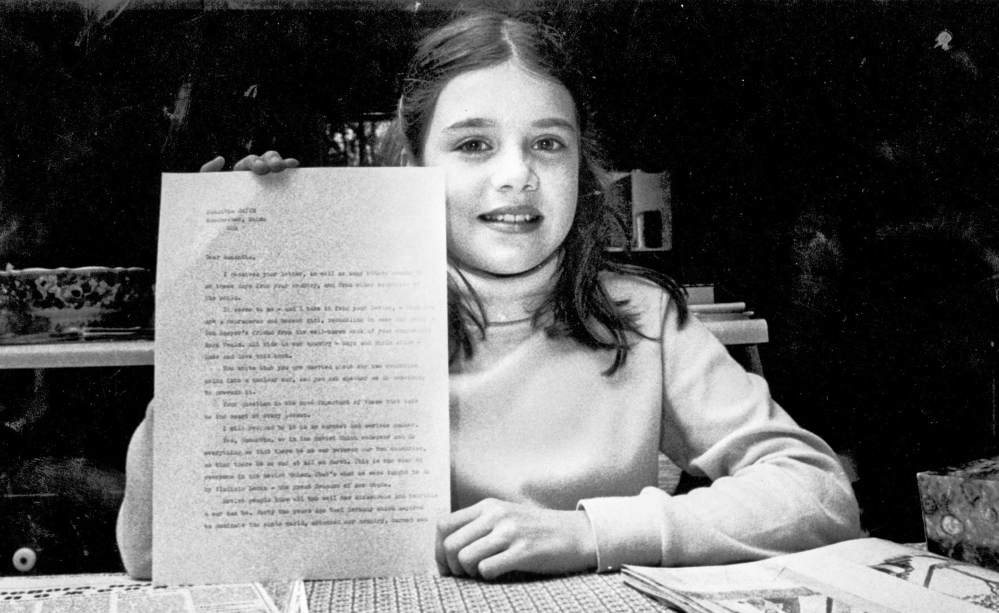
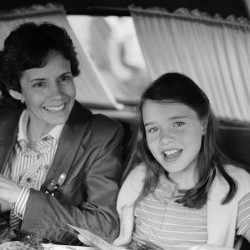

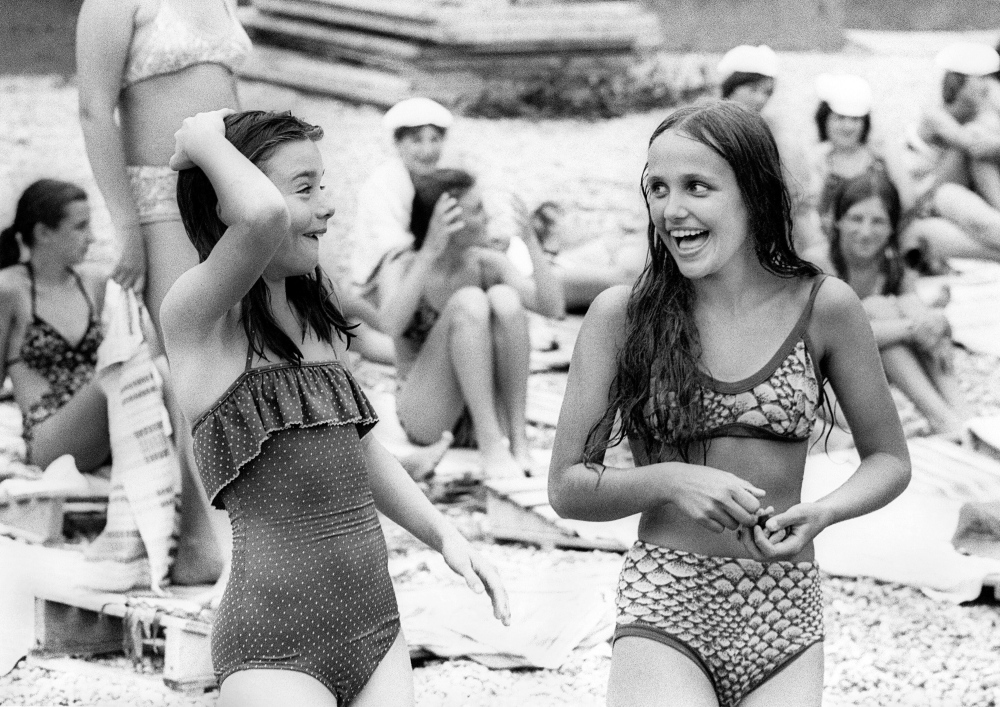
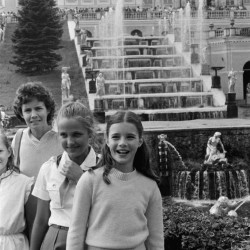
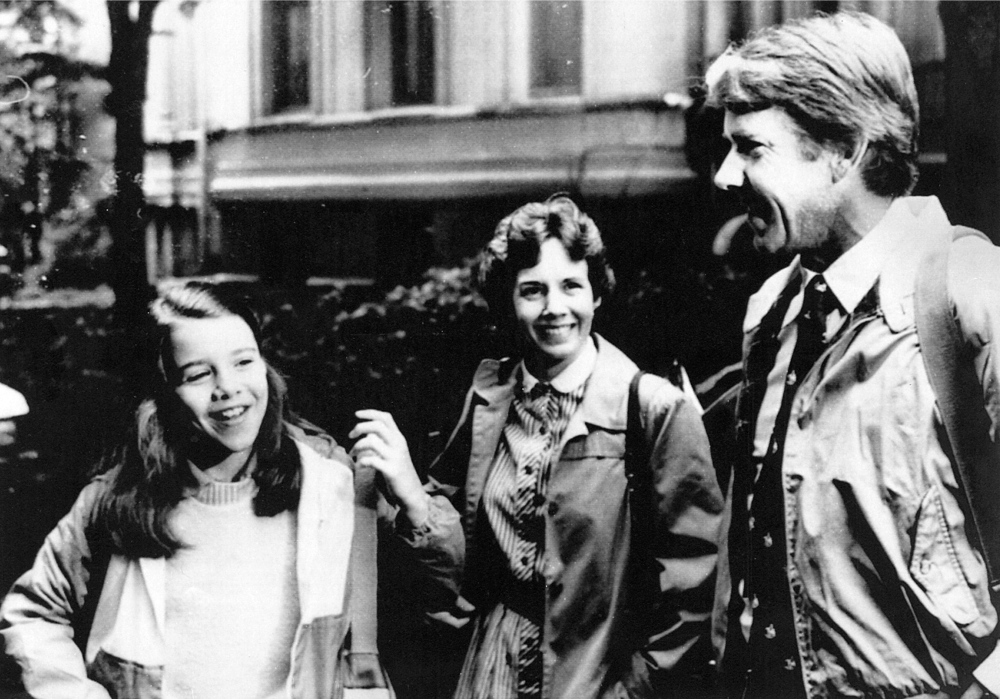
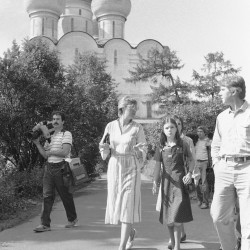

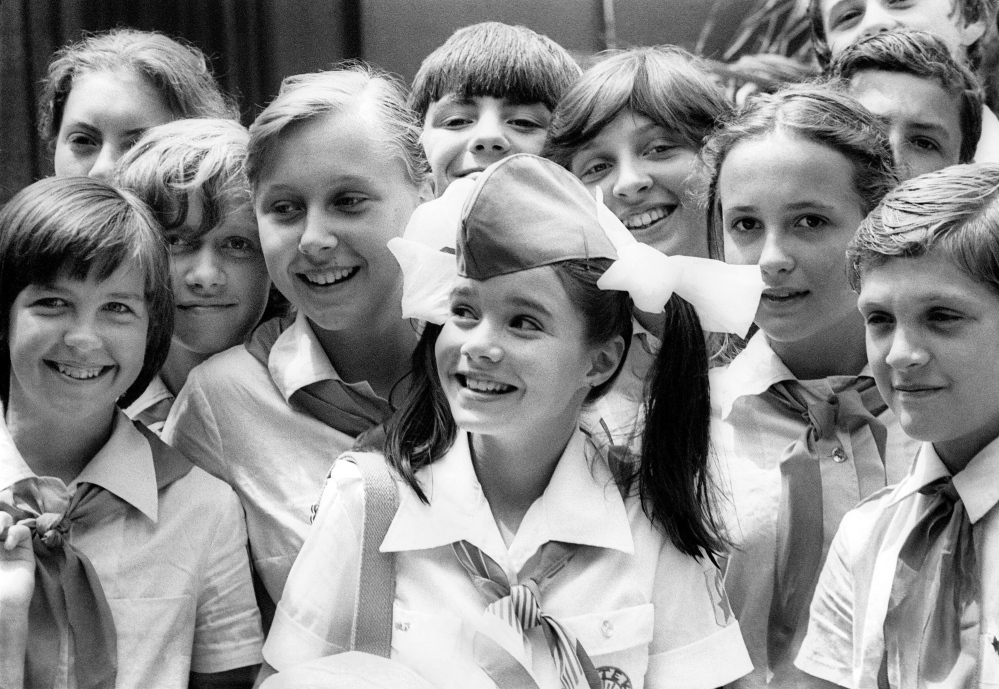
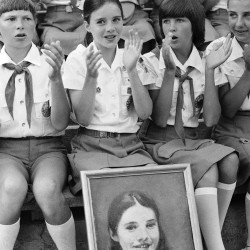


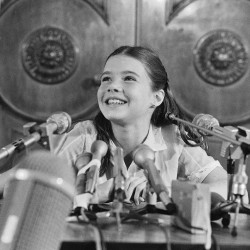
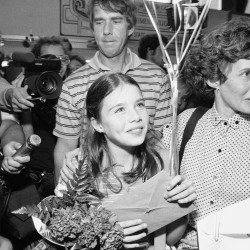
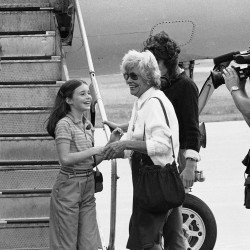


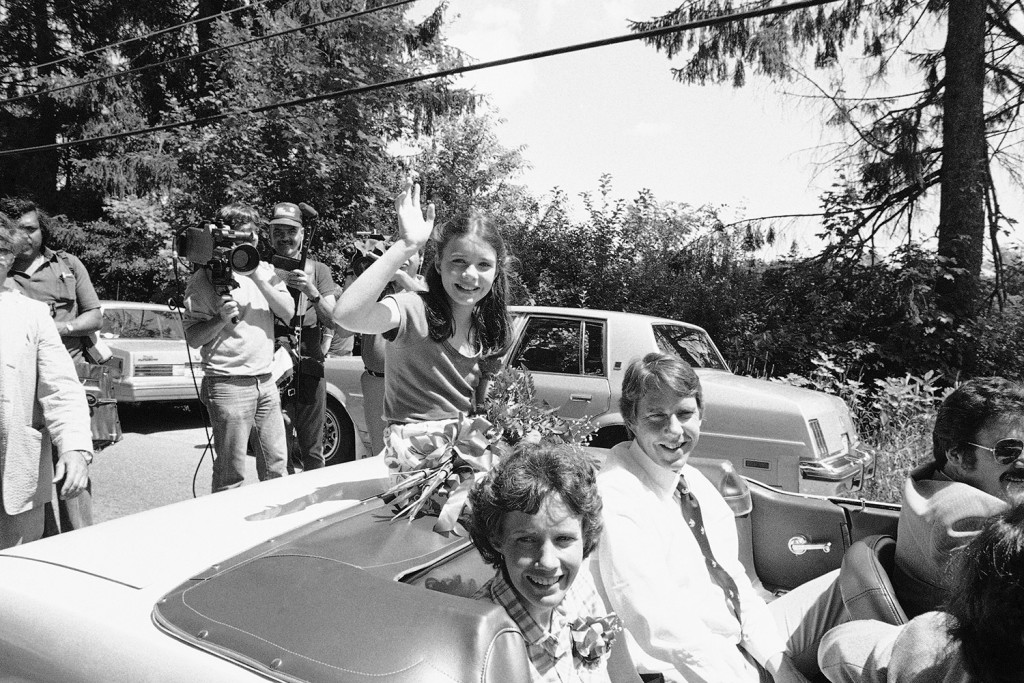

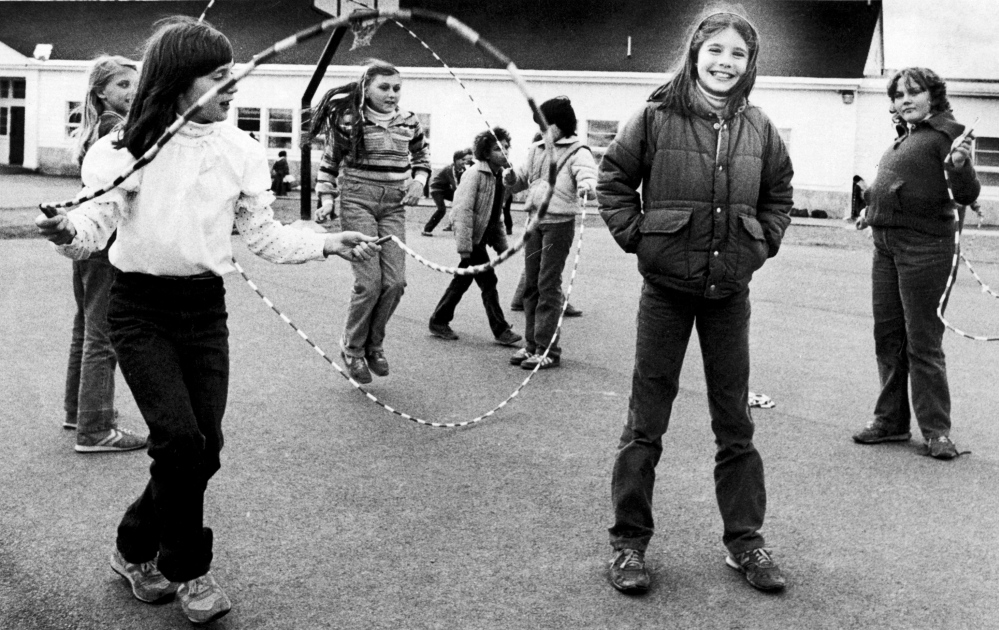
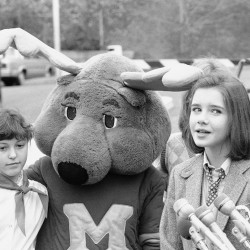

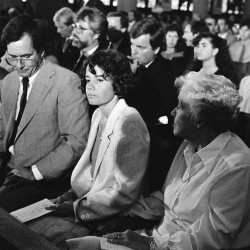

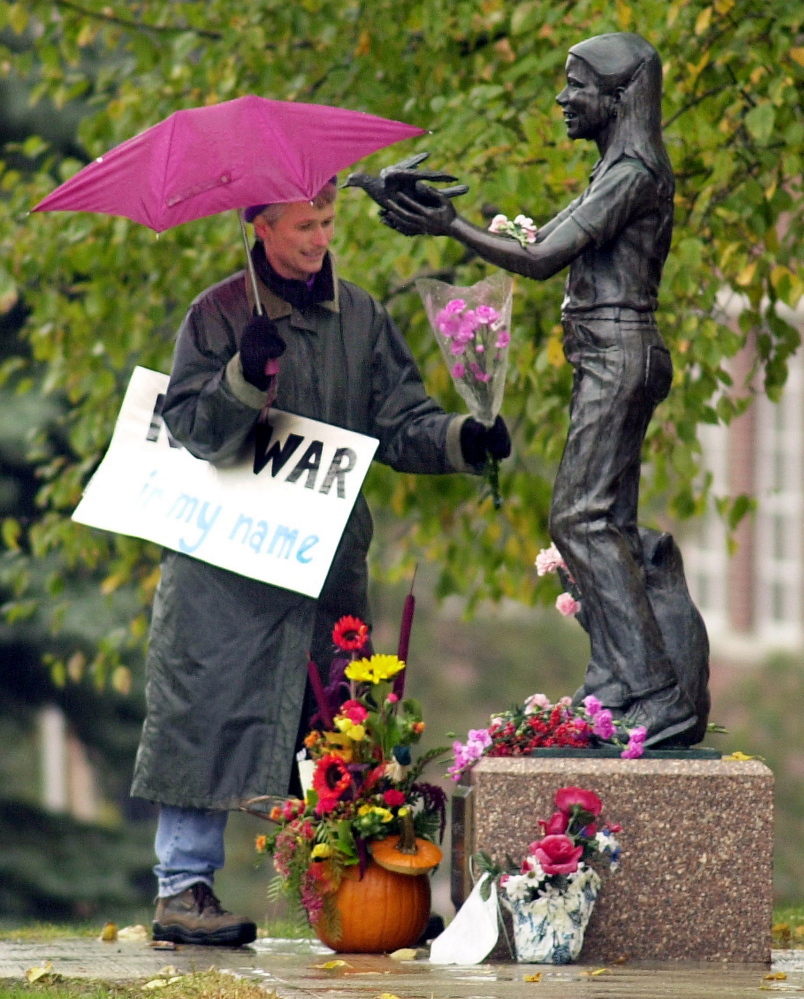
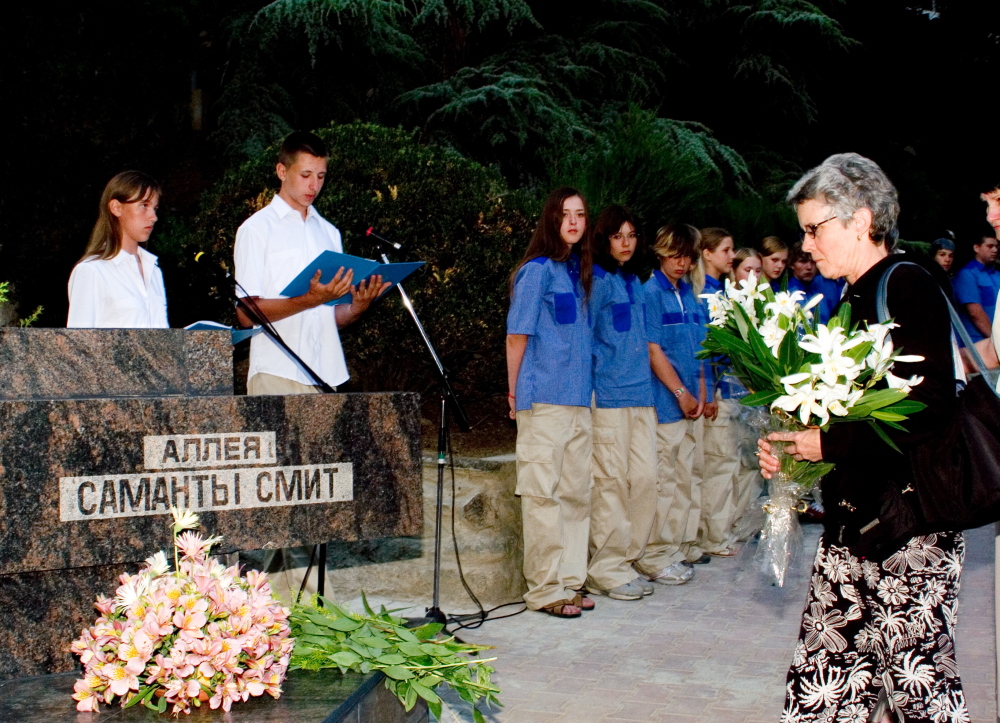
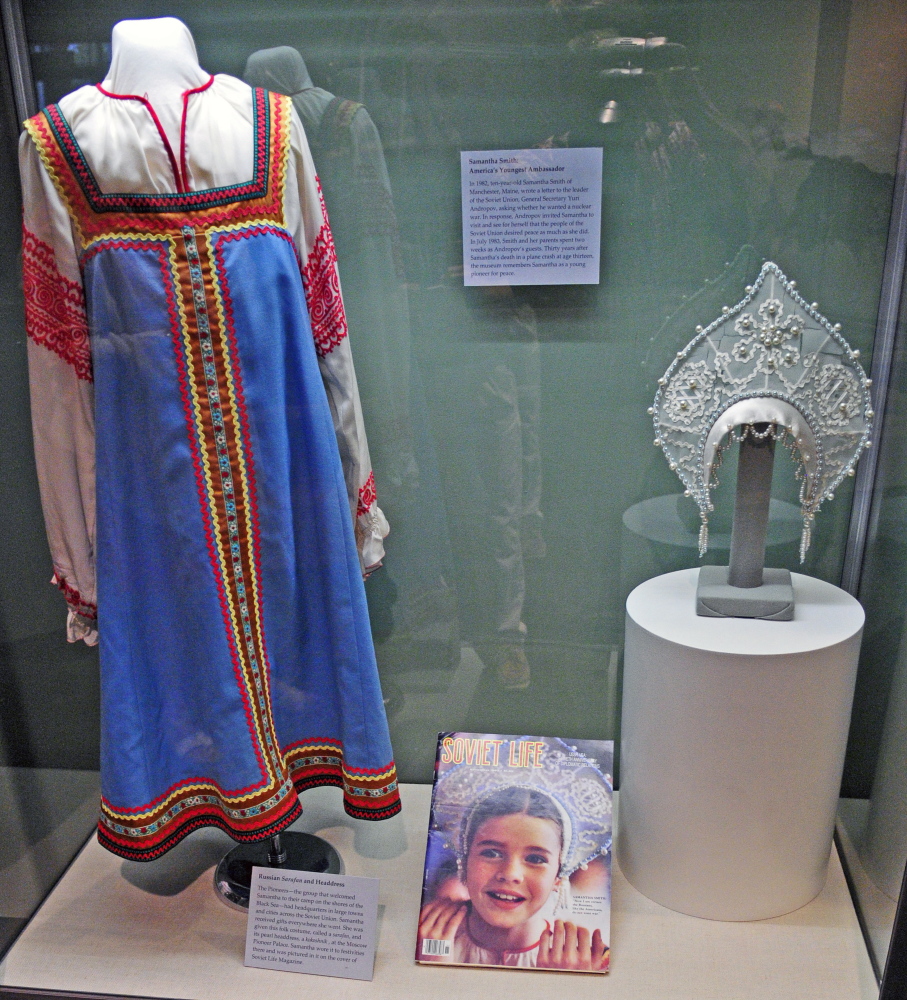
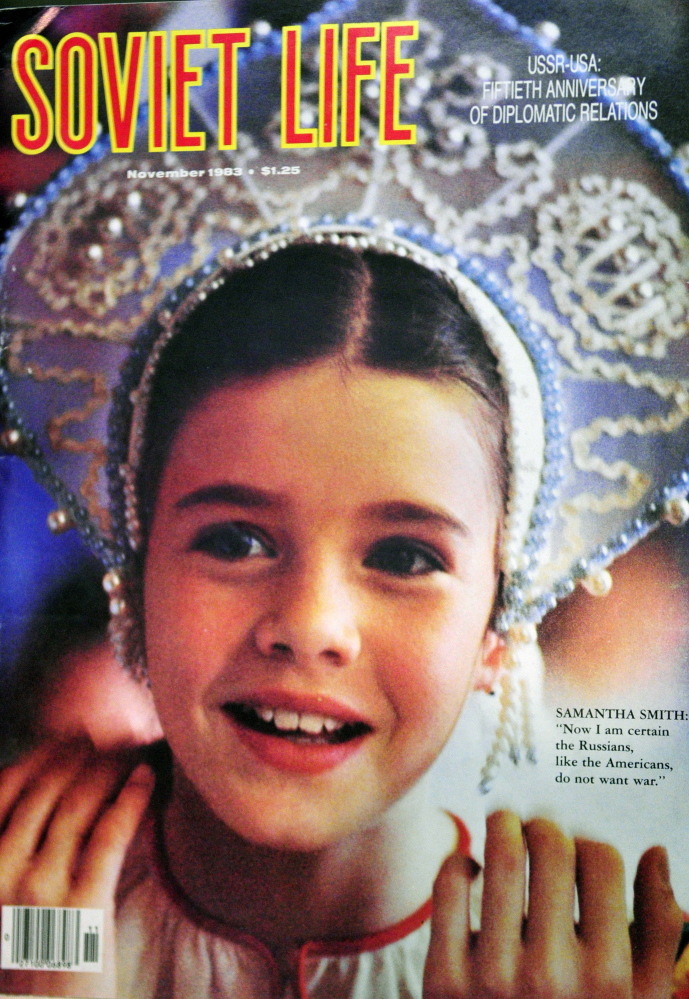
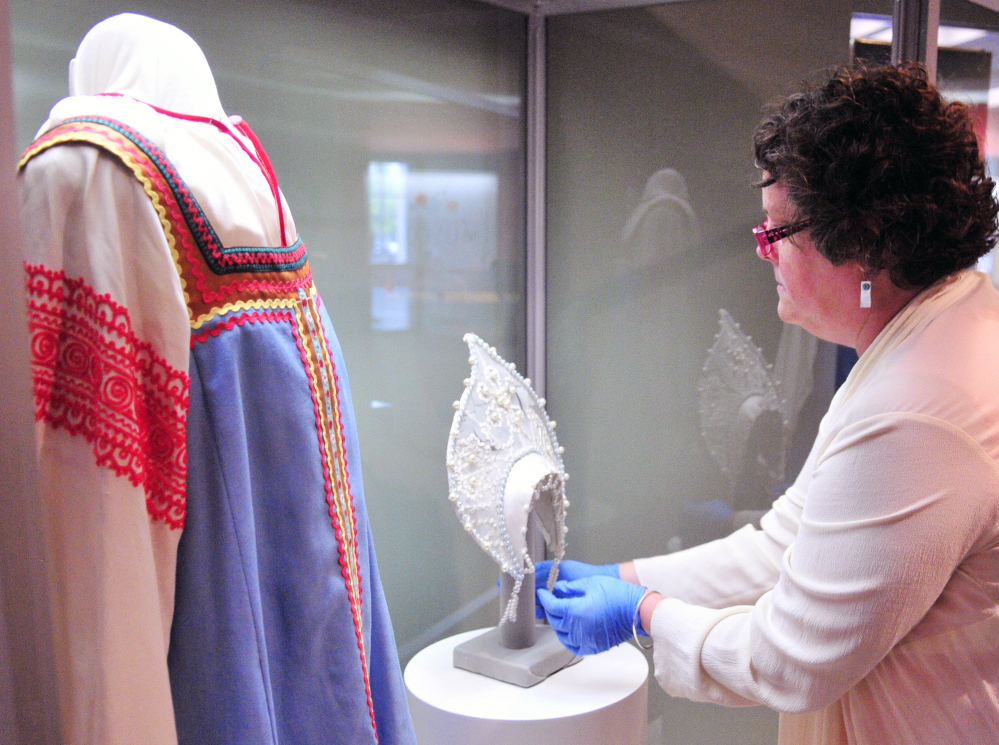
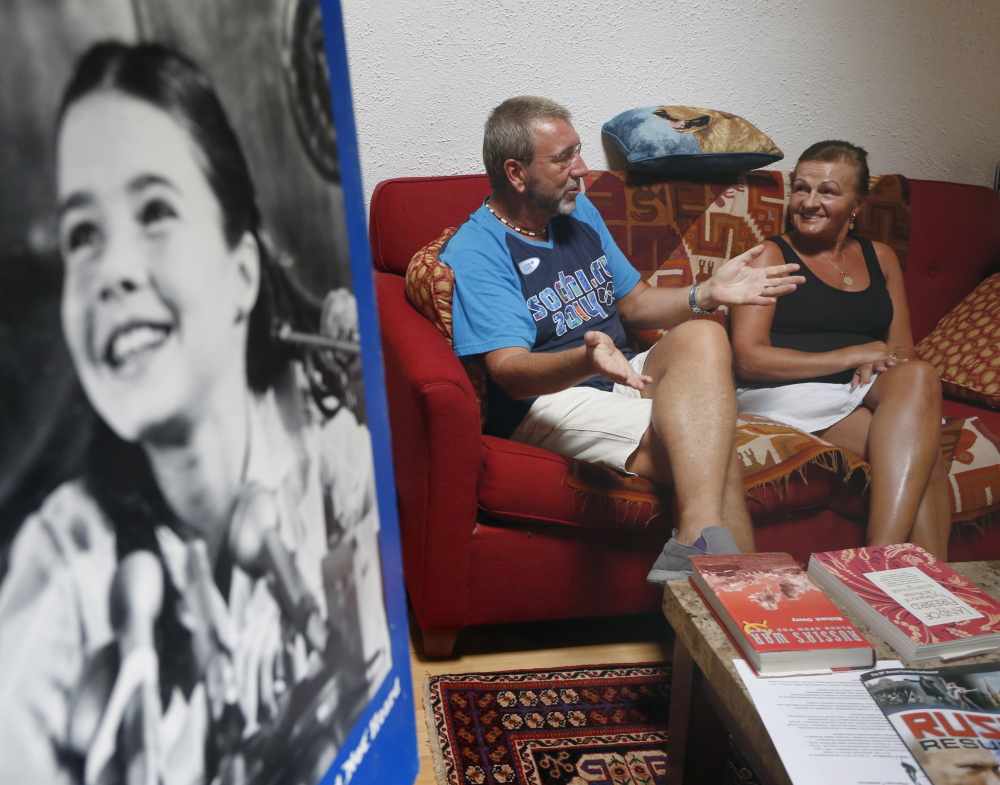
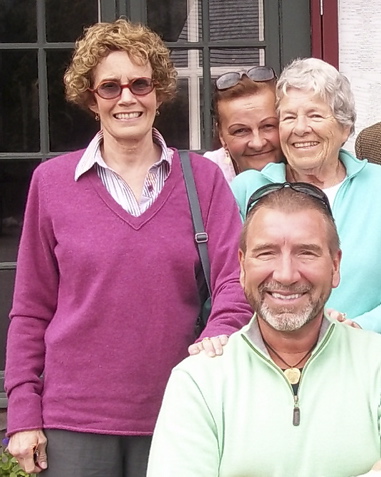

Comments are no longer available on this story